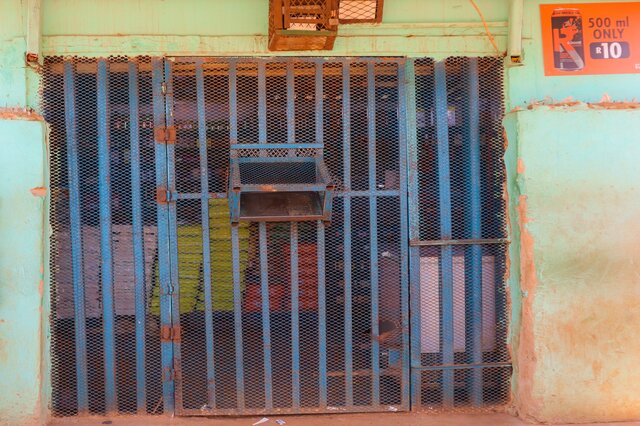Cape Town — Following President Cyril Ramaphosa’s announcement, members of Operation Dudula are picketing in Soweto against the registration of foreign-owned spaza shops in South Africa.
According to Newzroom Afrika, Operation Dudula has blocked the foreign spaza shop owners from registering their businesses as residents claim Ramaphosa didn’t take decisive action against these shop owners.
“We are agitated and very disappointed by the leaders who are supposed to lead this community properly. During the week, the president addressed the nation and instead of resolving the problems that are affecting South Africans regarding these shops that are run by foreigners from different countries, instead of taking decisive action and implementing it to say foreigners must be allowed to run businesses, these shops must be reserved to be run by locals,” one resident said.
He was disappointed that Ramaphosa still allowed foreign-owned spaza shops to be registered following the discovery of pesticides in the goods sold.
Another resident said the community do not want foreign owned shops to be registered as the community is helpless to do anything against them, meaning children will keep getting sick.
Angry Soweto residents and Operation Dudula members have blocked foreign spaza shop owners who wanted to register their businesses from doing so. The residents claim President Cyril Ramaphosa didn’t take “decisive action” on his inclusion of foreign spaza shop owners. Lumka… pic.twitter.com/pIyiutfkFc
— Newzroom Afrika (@Newzroom405) November 18, 2024
Ramaphosa announced that all spaza shops need to be registered with their respective municipalities within 21 days, as many communities have seen a rise in foodborne illnesses due to the sale of expired and counterfeit goods.
According to SABC News, Operation Dudula members will picket outside the Urban Ubuntu Council today because they are disappointed with Ramaphosa’s decision.
“We are very disappointed because when we thought that our President would be declaring a state of emergency when it comes to immigration then he decides to give people who have broken the law already, a chance to go and correct their wrong,” Operation Dudula President, Zandile Dabula said.
She questioned why the shops were not shut down.
“I mean he was so quick to say that all the informal traders that are trading at schools need to move and no longer trade there. But why is he not doing the same thing with these foreign-owned spaza shops in and around our townships?” she added.
Members of operation #Dudula are outside the service centre in Jabulani, Soweto this morning. They blocking all foreign nationals from registering their spaza shops. They believe the township economy is reserved for locals only. #eNCA pic.twitter.com/dHocw6Pn3x
— Heidi Giokos (@HeidiGiokos) November 18, 2024
According to The Citizen, many residents living in townships are not happy with the decision to regulate spaza shops, as they feel the locals should own the township economy,
They had hoped the state with remove the poisonous substances and ensure that businesses operated legally, but also that foreigners were banned from trading in townships.
“The township economy should belong to local people. These foreign people have taken over most of the city businesses, now they are taking the township economy?” she said.
A spaza shop owner from KwaNonkcampa village outside Qonce in the Eastern Cape, Mzwandile Methu, said foreigners bought stock from back-door manufacturers that are known for using contaminated foods from big cities and transporting it for use in spaza shops.
While in Randburg, many foreign-owned businesses closed after they heard that government inspectors were on their way to check for permits and immigration status.
“Why is the government not stopping foreigners from trading completely so that only locals are allowed? Only locals should be allowed to sell in the townships,” said Tebogo Maotwe from Zola in Soweto.
Follow African Insider on Facebook, Twitter and Instagram
Picture: X/@PeterTeixeiraEM
For more African news, visit Africaninsider.com
Compiled by Matthew Petersen


